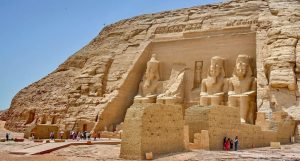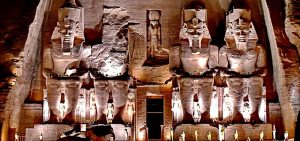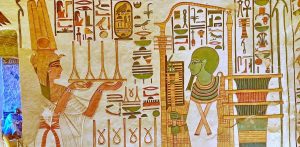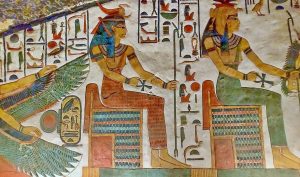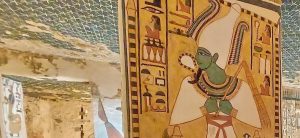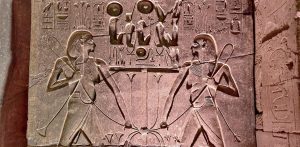Final Day Judgment in Ancient Egypt: Unveiling the Mysteries of Ma’at
Ancient Egypt, with its rich and complex belief system, held a deep fascination for the afterlife. The Egyptians believed in a Final Day Judgment, where the souls of the deceased would be weighed against the feather of Ma’at, the goddess of truth and justice. This article aims to explore the intriguing process of Final Day Judgment in Ancient Egypt and shed light on its significance in their culture.
The Concept of Ma’at:
Central to the Final Day Judgment was the concept of Ma’at. Ma’at represented truth, order, and harmony in Egyptian society. It was believed that living in accordance with the principles of Ma’at would ensure a prosperous afterlife. The deceased were expected to have upheld Ma’at throughout their lives, displaying virtues such as honesty, integrity, and respect for others.
The Weighing of the Heart:
Upon death, the soul of the deceased would embark on a perilous journey through the underworld, guided by various gods and goddesses. Eventually, they would reach the Hall of Two Truths, where the Final Day Judgment took place. At the center of the hall stood a large scale, known as the “Scales of Ma’at.”
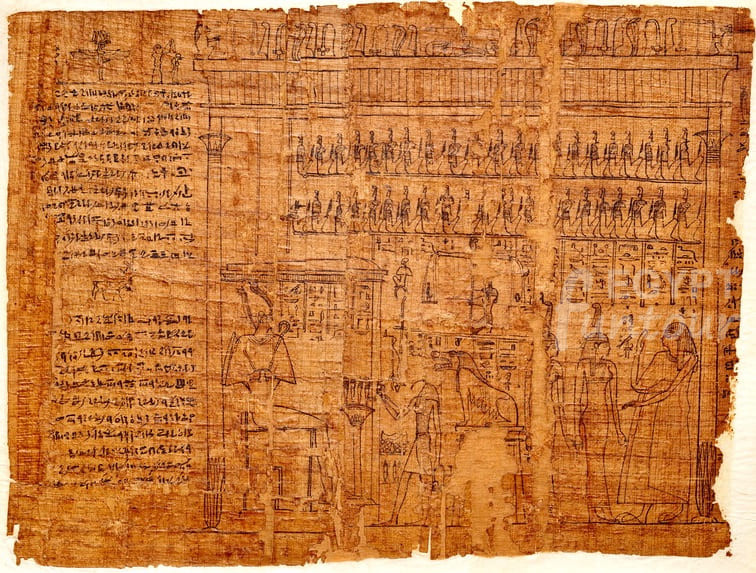
The heart of the deceased, believed to be the seat of the soul and the source of one’s actions during life, was placed on one side of the scale. On the other side, the feather of Ma’at was delicately placed. The heart was weighed against the feather, symbolizing the balance between the deeds and intentions of the deceased and the principles of Ma’at.
The outcome of the Judgment:
If the heart of the deceased was found to be lighter than the feather, it meant that the person had lived a virtuous life in harmony with Ma’at. In this case, they would be granted passage into the afterlife, where they would join Osiris, the god of the dead, and live an eternal existence in the Fields of Aaru, a paradise-like realm.
However, if the heart was found to be heavier than the feather, it indicated an imbalance between their actions and the principles of Ma’at. Such a soul would face a dire fate. A monstrous creature, known as Ammit, the “Devourer of the Dead,” awaited those deemed unworthy. Ammit would consume the heart, preventing the soul from continuing its journey and condemning it to eternal restlessness.
The Significance of Final Day Judgment:
The Final Day Judgment held immense significance in Ancient Egyptian society. It served as a moral compass, reinforcing the importance of living a righteous and virtuous life. The belief in an afterlife and the consequences of the judgment influenced Egyptian behavior, encouraging individuals to act in accordance with Ma’at and maintain harmony within the community.
Furthermore, the Final Day Judgment was a symbol of hope and justice. It provided solace to the Egyptians, assuring them that the wicked would face consequences for their actions, and the righteous would be rewarded in the afterlife.
The Final Day Judgment in Ancient Egypt was a profound and intricate belief that shaped their society’s values and ethics. The concept of Ma’at, the weighing of the heart, and the outcome of the judgment all served to maintain social order and ensure a righteous existence in the afterlife.
Despite the passage of millennia, the Final Day Judgment remains a captivating aspect of Ancient Egyptian culture. It serves as a testament to their deep reverence for justice, truth, and the eternal quest for a harmonious existence.

